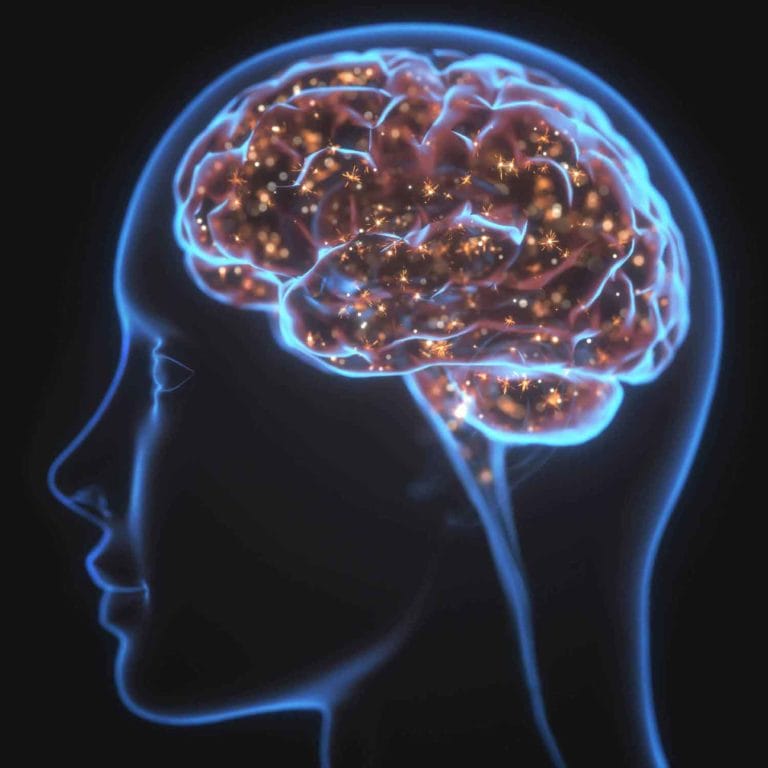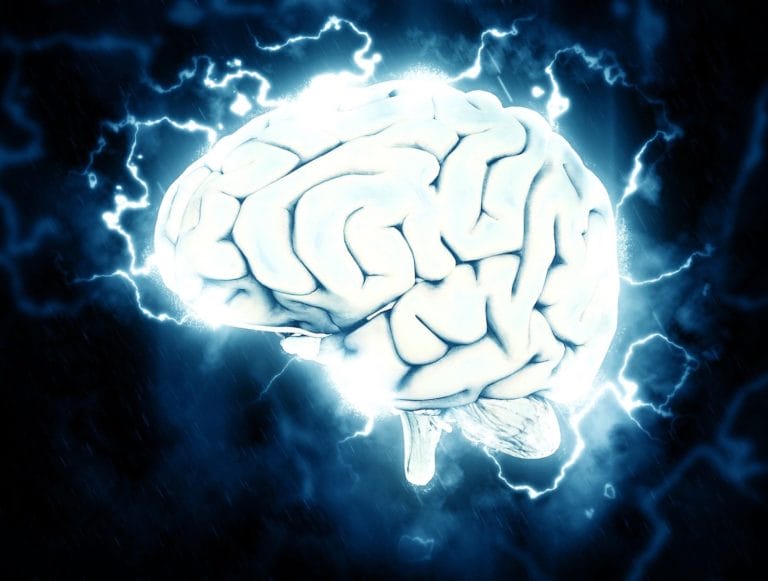What is dissociation, and do I need trauma therapy for it?
Dissociation is a common way people detach from themselves and their surroundings when a situation becomes overwhelming to their nervous system. The American Psychological Association defines dissociation as “a defense mechanism in which conflicting impulses are kept apart or threatening ideas and feelings are separated from the rest of the psyche.” So what does that look like?
We as people all operate on a continuum of awareness. When we dissociate, we go to an extreme on that continuum. You may feel numb. You may feel your mind either go blank or have sudden intrusive thoughts. You may feel suddenly sleepy or become confused. You may lose time or become forgetful.

What trauma triggers can cause dissociation?
Our conscious awareness is affected by stress or emotional triggers. Maybe you are struggling at work or in your marriage relationship. Maybe you are reliving past traumas like childhood abuse or neglect, complications from anesthesia, medical trauma, or a sexual assault. Many people dissociate when they speak in public, have sex, or face conflict.
When we are mentally healthy, we can move through those hardships and release our pain. However, when our brains and bodies are not healthy because we have not worked through our trauma, those stressors hold too much power, and we either block out our memories or fixate on them. In both of these scenarios, we disconnect from the present; we dissociate.
How do I stop dissociating, and where do I find effective trauma therapy for dissociation?
In the moment, awareness is your friend. Hold on to your self-awareness.
How? Practice grounding techniques to bring yourself back to the present; name things you can see, hear, smell, touch, and taste. Other physical interventions include drinking hot tea, doing push ups, nodding your head–anything that will help you reset and return you to the here and now.
Ultimately, however, therapy is the key to complete and long-term healing.

Meeting with a skilled practitioner who is attuned to you and understands trauma, the nervous system, and dissociation is key. Many times, clients dissociate in session without even being aware. A skilled clinician, like those at The Finding Place, therapists in Little Rock, Arkansas, can detect those moments, help you recover when you split off, and encourage curiosity about your memories. In this context, you can visit places of pain and trauma from a place of safety. You can learn to stay steady and present while unpacking your struggles.
Your therapist may use exposure therapy, sensorimotor psychotherapy, somatic experiencing interventions and therapies, and/or mindfulness-based interventions. EMDR has safeguards for dissociation, and Brainspotting accommodates the neurological phenomenon that clients move in and out of and moves you through to resolution.
Learning to stay present–not checked out or freaked out–will have a profound effect on your life and your relationships. Our therapists in Little Rock, Arkansas, would be honored to be a part of your story of healing.
The Finding Place Counseling and Recovery is located in Little Rock, Arkansas. Contact us to schedule a session or book an intensive.





